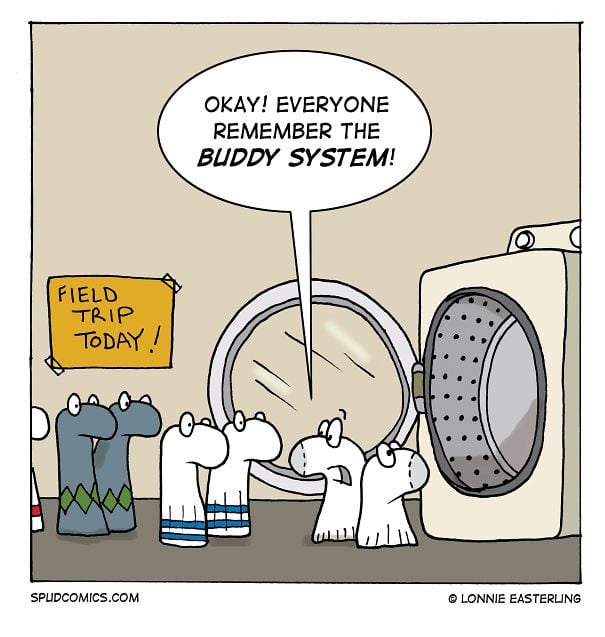Several experiences have led me to think of ways to update classic parables from the New Testament as well as come up with brand new ones. That’s what you’ll get in this post.
Even if you aren’t a New Yorker, you may have heard of New York’s LaGuardia Airport. It has a notorious reputation. I had the opportunity to fly through there recently, and the outside reinforced every worst expectation imaginable. It is a real mess. It looks like a construction zone, and not a very organized one. Then you go inside one of the new terminals and it is not only incomparably better than what the outside and the reputation would lead you to expect. It is breathtakingly beautiful. I knew as I was sitting there waiting for my flight, admiring the (also lovely) view of the water through the window, that there is a parable in this.
We all know the warnings attributed to Jesus in the Gospels about whitewashed tombs, about cups cleaned only on the outside while on the inside they are full of uncleanness. La Guardia Airport illustrates the opposite, that someone or someplace can be so totally transformed on the inside as to be astonishingly different, and yet this may not be evident to those looking from the outside.
Also related to air travel, I spent some time dealing with airlines through a combination of AI chatbot assistants and outsourced human beings responding from places like India and the Philippines. The chatbot performed well within the limits of its programming. When I moved on to interacting with a human being I tended to assume that things would improve. However, my situation that I was contacting them about was unusual and so my inquiry did not match any script they had been given. The phrasing wasn’t what they were expecting and so they tried desperately – to my frustration – to interpret my situation in terms of more familiar scenarios. Because of the work I have been doing on artificial intelligence, it struck me that this scenario is a real life analogue of Searle’s Chinese Room Argument. The person on the other end of the phone likely has a book or training manual (Phoebe Buffay did when she briefly worked as a telephone salesperson on Friends). Like Earl in that episode, I did not fit the script. The language barrier in my own recent experience meant that the person on the phone could not improvise the way Phoebe did. They are thus arguably somewhere in between the situation of the fellow native speaker with whom one can joke and interact in a cordial manner, and the automated virtual assistant whose chatbot capabilities are limited. I’m not sure that this analogy either supports or undermines Searle’s argument. It simply shows that there is a spectrum of intelligent interaction, with increasing amounts of conscious comprehension and flexibility required as one moves along it.
But let’s move on to two other parables that arise out of modern lived experience. I found myself thinking recently that there could be versions of the lost sheep and lost coin parables from the Gospels, using scenarios that we can relate to more directly. For instance, there was an academic who had a hundred books checked out of the library. (Yes, this is a realistic scenario for those who are working on a PhD or book project and have sufficient carrel or office space somewhere to accommodate them.) One of the books went missing. The academic ignored the 99 books whose whereabouts they were certain of and searched until they found the one that was missing. When they found it, they immediately turned their attention to it, rejoicing over it more than the 99 that they had never lost track of.
In much the same way, a person doing the washing placed ten socks in the washing machine. When they hung the washing to dry (or took it from the dryer, if my ideal practice when weather permits seems alien to you), there were only nine. They searched far and wide, and when they found it they rejoiced over that sock more than the nine that had never been lost.
We could also have the parable of Indianapolis’ potholed streets, but at the moment I’m not sure what the end of the parable is going to turn out to be.
What ideas do you have for new or updated parables? Please share them!
Let me conclude with a relevant cartoon by Lonnie Easterling, which I believe has been shared online by the artist and can be included here as long as credit is given:














